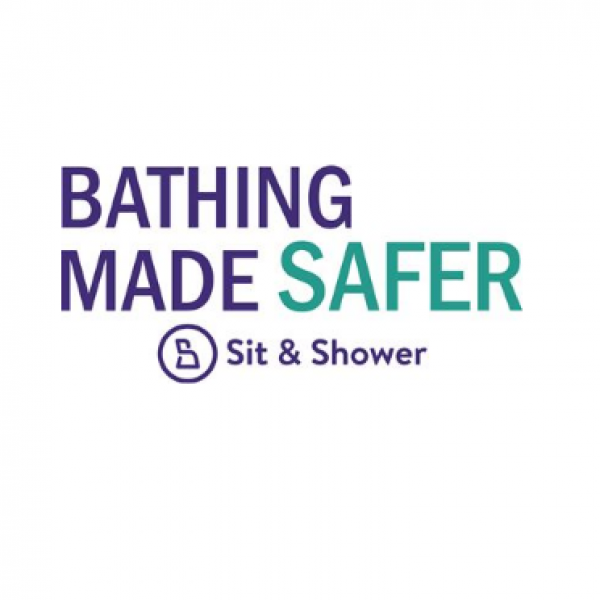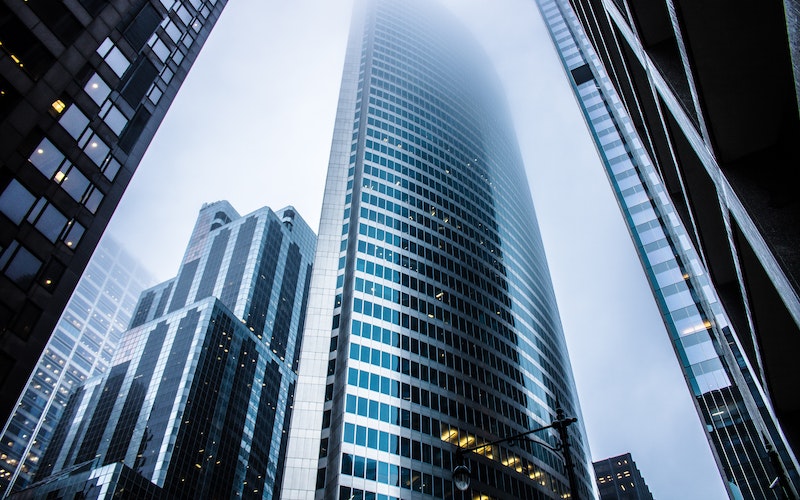6 Tips for Buying the Right Industrial Generator
Whether you’re looking to buy a generator to backup your manufacturing process or to safeguard critical functions (such as at a hospital) from unexpected power outage, it’s an important decision and a big investment.
Even if you have an idea of the brand you’d like and the money you can spend, buying a commercial genset can be a difficult process. Here are six factors to consider when shopping for a power backup system for your jobsite, office or facility.
Amount of power needed
The power needs at your jobsite and your budget are the two most important factors to consider when you’re planning to buy a commercial generator. Industrial generators can be customized to meet your power requirements. What you need to consider is what all the genset is expected to run when the power supply is disrupted.
If sizing a power generation system for the entire premises, you’ll need to take into account peak power consumption as well as the amperage of your local power supply. If you need power backup only for the most essential loads, you will need to have a qualified technician separate the emergency circuits from the mains to create a new emergency load panel.An even better approach would be to reach out to a trusted and experienced generator supplying company to help determine what type of generator would be best for your business.
Type of fuel
Emergency power generators use diesel, petrol or gas as fuel, and deciding which one to pick can be hard if you don’t know the pros and cons of each.
The availability of fuel and associated costs are important factors when buying a generator for your business.In addition, local compliance and regulations should be taken into account to avoid penalties. Lastly, the amount and portability of the fuel you’re going to use also determines whether you should opt for a gas-powered generator or a diesel one.
Location of the generator
If installing a genset in a manufacturing facility, it should be located in an area away from the main building, where it can be easily accessed for refueling, service and repair but is at a safe distance from where people work and goods are stored. Ideally, a generator should be placed close to the fuel supply.If the area is prone to flooding, the basement is not an ideal location for your generator.
Similarly, rooftop installation must be done after you’re sure that the roof can bear the load of the generator and the installation complies with the local regulations in terms of distance from fire-prone spaces.Indoor gensets should be located in a space with adequate ventilation and exhaust system, in adherence with compliance requirements.
Type of transfer switch
Most modern generator systems today come fitted with advanced automatic transfer switch, which means that your power supply will automatically switch to generator mode when there’s an outage. If needed, you can opt for manual transfer switch with your system. However, in facilities such as hospitals this may not be the best choice.
Call in an expert technician or electrician to determine the amperage rating of the transfer switch as well as the location where it should be installed. Commercial generators come with several different transfer switch types. Your genset provider should be able to guide you on this and other technical aspects of your generator system.
Installation, maintenance and service
When buying a commercial generator, choose a company that will offer you a top-notch product along with a full-service solution that includes doorstep delivery, installation by expert technicians, on-site refueling and the option of an annual service-maintenance contract.For unbiased expert advice on generator selection, get in touch with Generator Power, Australia’s leading generator supplying company that offers customized new and used generators for purchase and hire.
Give them your specifications and they will engineer a power backup solution configured to your exact requirements. In addition, Generator Power provides end-to-end project management, on-site refueling and round-the-clock service and repair by factory-trained experts.
Type of container/enclosure
The noise-related regulations in your area as well as the climate will help determine whether you should opt for an open generator or an enclosed one. If your jobsite is located at a place with a decibel limit requirement, you will need to buy a generator with a sound-diminishing enclosure.
This is not a problem, as most industrial generator companies offer different types of enclosures that can be customized as per local noise regulations.
0




